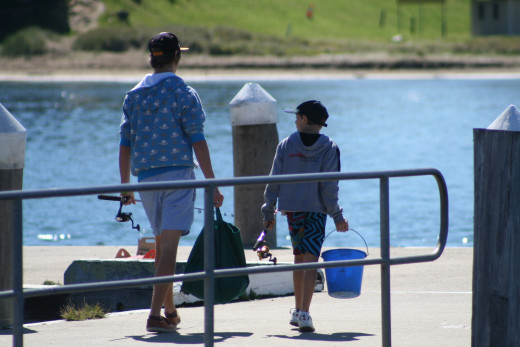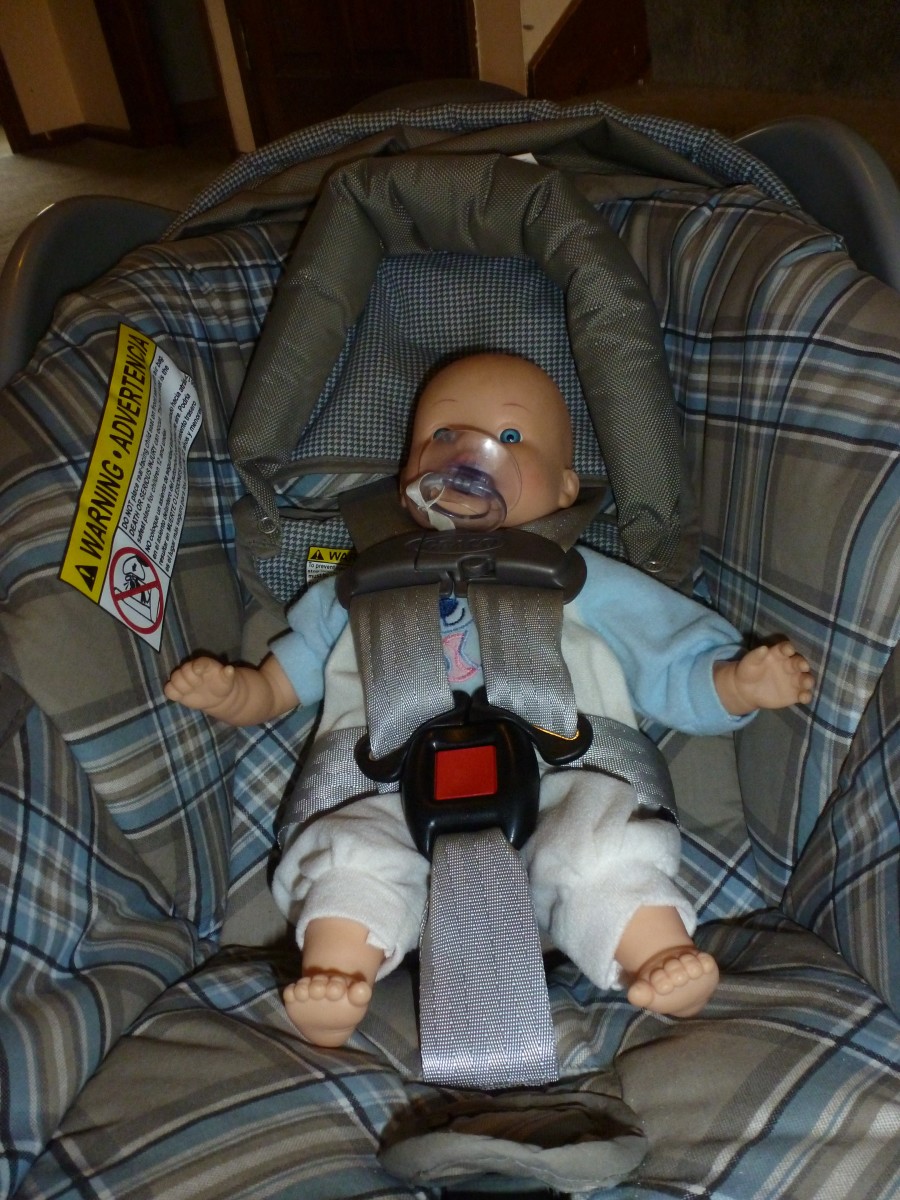Why Children Should Be Taught To Tell Lies as part of their Safety Plan

I taught my daughter to lie today. Her best friend’s father is a police officer. I taught her the lesson as well.
We were driving home from their soccer game in a distant town, knees muddied, spirits high when my car died. Their team had won by two goals and both girls had played well. They were unfazed by the interruption to the journey and continued chatting, expecting me to phone my husband for a back-up vehicle.
It dawned on me that my phone was at home still connected to the charger. Other players who lived in our direction had left before us, so it was unlikely a familiar car would pass and pull over to see if we were okay.
We were stranded on a country road and I estimated we’d need to walk for at least twenty minutes before we reached the nearest house. To reach a public telephone we’d have to walk for a further half an hour.
To complicate matters further, the entire soccer team had been asked to leave their sports shirts with the coach to have the logo of a new sponsor added to their shirts before the next game. Because we’d been travelling in an air-conditioned car the girls hadn’t bothered to bring sweaters or jackets, despite the cold. So on the way home they were only wearing singlets and shorts.
Lie Detector
Can you honestly say that you have never told a lie in front of your children?
Telling lies can be important in a child's safety plan
I gave my daughter my jacket and her friend my sweater for both modesty and warmth and, water bottles in hand, we began the walk.
We heard a car approaching from behind and the girls darted self-consciously in front of me, trying to conceal themselves. At 11 and 12 they had no desire to be seen wearing clothes that obviously belonged to me. I told them they had to stand tall and walk confidently because it would be a mistake to look like they were potential victims.
To their credit, they understood my explanation and we had a lengthy chat about body language and how important it is to look confident, not nervous. We discussed the reason for walking on the side of the road where we faced the oncoming traffic, and the need for paying attention to what was happening around us. Three or four cars had driven by and I was pleased with the demeanour of the girls.
The first house was in sight, but still too far away when a large, expensive van with very dark tinted windows made a u-turn and pulled up in front of us. As he’d approached I’d told the girls to move further off the road and reminded them they had their running shoes on.
The driver leaned across to the open window, nodded in the direction of my car and asked, “That yours?” He wore dark sunglasses, unnecessary given the cloudy weather and his tinted windscreen. A woollen cap covered his head. I couldn’t see the colour of his hair or, in fact, whether or not he had any hair. There was only one passenger seat and a metal grid separated the rear section, much like a cage.
“Yes, it is,” I said loudly, “and my husband is not happy about it.”
“I’ll give you a lift.”
“Nah,” I said smiling, “that’s my husband just there – and I told him we’d walk.” I was pointing towards the house ahead. “Lucky we’re so close. But thanks for stopping anyway.”
I waved my arm as we began walking again. The three of us side by side, stepping with confidence, heads held high. The stranger turned his car around and preceded us.
Would you be happy for your child to lie if it might save their life?
It's a simple question. Yes or no?
Would he have abducted a child if he'd had the chance?
“He had a cage in his car!” my daughter's friend said. “That’s weird. Why did he have a cage in his car?”
It had been obvious to me that in order to fit the three of us into his vehicle, at least two of us would have been restricted within the caged area. I wondered if the girls shared my concern, but I didn't want to feed the fear.
“People who carry lots of boxes or equipment in their vans often have cages like that," I said, "to stop stuff from flying into the front if they brake suddenly. I couldn’t see what he had in the back, could you?”
“No, I’m just glad he went away.”
The girls had seen he had only one seat and yet there were three of us. With dark glasses, covered head and tinted windows, he had been the epitome of a villain. They were relieved the threat had passed.
At that point, I was not quite so confident. If nobody was home in the house ahead, it was still a long walk until we would reach a phone. It was feasible we’d have a second encounter with the stranger, and I believed it was important to prepare the girls.
I didn't want to scare them, but it was important they be prepared for any possible outcome. We would need to work as a team and I am a great believer in the value of preparation when facing any challenge.
When telling a lie can save you.
The girls had seen how I had successfully dismissed the driver's attention simply by telling a lie so it was a perfect time to explain my reasons and discuss other situations where a lie might be helpful as part of a safety plan.
“Okay, let’s talk,” I said as we continued to walk towards the house. “What lies did I tell him, and why?”
And so began our lesson on telling lies. My daughter is a student of martial arts, but if executing a well-crafted lie avoids the need to resist a physical attack, I think lying is a skill all children should develop.
Make time to discuss important issues

Please note: My original hub finished here, but you'll find more detail in the comments section. This is a topic that generated active debate. Because there are many implications in the decision whether or not to teach your child to lie, and because it is an important subject for any parent, I welcome your thoughts and comments.
Thank you for your interest.
More from the same author
- How to Listen to your Children
Family conflicts can be resolved quickly if you allow children's grievances to be heard. Teach your children to express their frustrations without tantrums by implementing these five simple steps. - I Hate My Dad - Trouble at home
When a child says "I hate my dad", we owe it to the child to find out why and try to fix it. Something is wrong. To help a child who expresses this kind of emotion, here's some hints. - How to stop your children lying about everything!
If your child is telling lies and not responding to your scolding or punishment, you seriously need to take a different approach. What you are doing, obviously isn't working. Here's my hints.
© 2012 LongTimeMother








